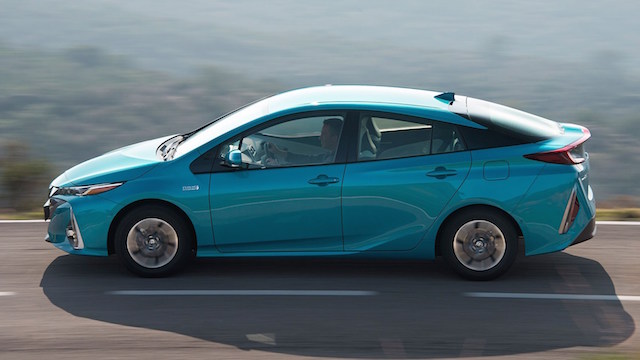
New Zealand is ideally placed to benefit from Toyota’s pledge to have electric vehicles (EV) available for every model type by 2025, says Toyota NZ chief executive Alistair Davis.
“The high proportion of renewable electricity in New Zealand means that the conversion of the national fleet to electric and hybrid vehicles will make a big contribution to the country’s commitment to reducing CO2 emissions,” said Davis.
Toyota Motor Corporation (TMC) has announced plans to cut average new-vehicle CO2 emissions by 90 per cent from global 2010 levels. It’s part of its Environmental Challenge 2050, an initiative it launched two years ago.

“Toyota New Zealand welcomes the global commitment,” said Davis. “As the world shifts towards a low carbon future, the automotive and transportation industries have a critical role to play.”
By 2025, every Toyota and Lexus model around the world will either have a dedicated battery-electric variant or one with an electrified option. The ‘options’ are hydrogen fuel-cell vehicles, along with petrol-electric and plug-in petrol-electric hybrids.
The carmaker plans to have at least 10 battery-electric models available worldwide by the early 2020s. By 2030, it aims to have sales of more than 5.5 million electrified vehicles, including more than one million battery-electric and fuel-cell zero-emission vehicles.
Toyota NZ will early next year launch a new Prius, the plug-in hybrid electric model (top). It has been testing it for the past couple of years. Its arrival comes as the NZ Government moves to set up a Zero Carbon Act and a Climate Commission.
Upwards of 85 per cent of New Zealand’s electricity comes from hydro-electric stations, sustainable energy production second only to world leader Norway’s 97 per cent.
The weathy Scandanavian country has a target of zero emissions for all new cars by 2025. About 35 per cent of new cars sold in Norway this year have been EVs.
Norway gets 95 per cent of its electricity from hydro-electric stations, 2 per cent from wind farms, and 3 per cent from gas-fired plants. Gas-fired production is to be phased out by 2020.
